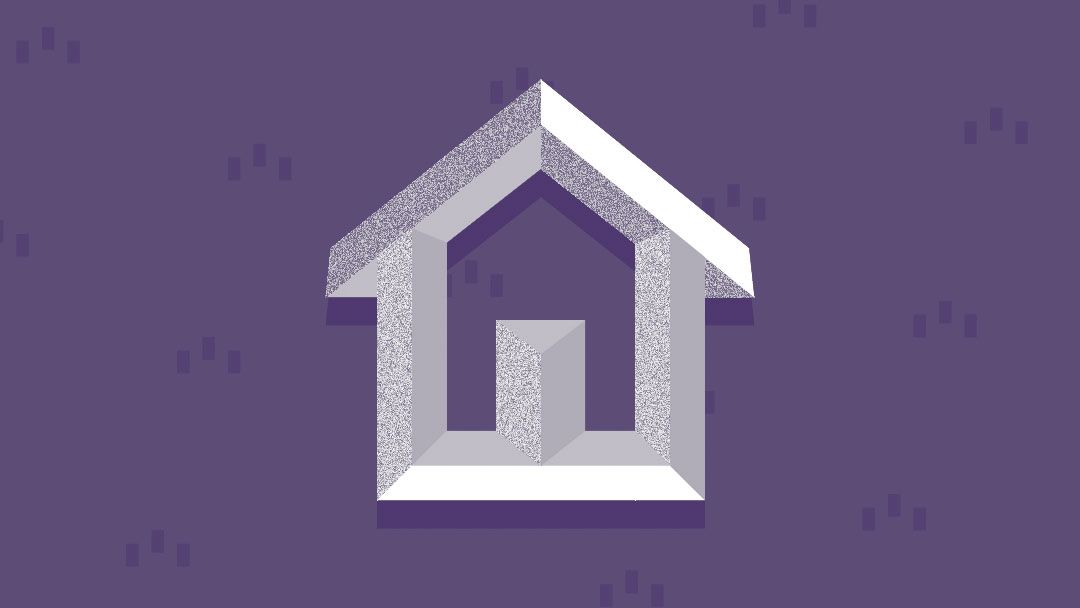
Applying for a mortgage is a big endeavor. Most lenders require you to complete a mortgage application—a comprehensive financial statement.
The information you provide on your application determines whether you qualify for a loan and how much you can borrow. The key numbers are your regular income, your debts., and the house price.
The application itself is fairly standard from lender to lender, usually because it meets Fannie Mae’s requirements. Fannie Mae is another name for the Federal National Mortgage Association (FNMA) and is designed to help make mortgages more available and affordable.
What the Lender Requires
Besides the application, you’ll need to pay for:
- A survey, or official surveyor’s drawing, of the property and the buildings on it.
- An application fee and an origination fee to cover the costs of processing the application. This includes an appraisal of the house by the lender to make sure it’s worth the mortgage loan. Plan to spend at least $250 to apply, plus 1% of the mortgage amount.
- If your down payment is less than 20%, the lender may require private mortgage insurance (PMI) to guarantee payment if you default on the loan.
Mortgage Type Activity – Click here
What the Application Asks
A mortgage application is the lender’s way of evaluating your credit-worthiness and determining whether to take the risk of lending you money. Although it can be an intimidating document, you’ll be ahead of the game if you keep good financial records. You’ll especially want a complete list of your investments, including money in your retirement plans.
Details of purchase asks about how much you want to borrow, how much down payment, or cash part of the purchase price, you have, and where the rest of the money will come from. Borrowing a large amount from another source—even from your family—could disqualify you.
Monthly income is a key figure for lenders. It can include non-salary income, such as earnings on your investments or money you get from rentals, but you’ll have to prove the income is regular. You can also count alimony or related payments to establish your eligibility.
Job information focuses on regular employment so you’ll probably need verification from your employer. If you’re self-employed, you often have to provide more information, including income tax returns, credit reports, and profit and loss statements for your business.
Monthly housing expenses show what you are spending now and what you expect to spend in the new house, including taxes, utilities, and homeowners insurance.
Your credit history asks:
- Whether you’ve declared bankruptcy,
- Whether there are any liens or legal claims against your salary or property, and
- If you have outstanding debts.
Net worth is the total value of what you have, or your assets, minus what you owe, or your liabilities. Assets include cash, bank accounts, investments, and property. Liabilities include debts and loans, credit cards, leases, alimony, and child support. Mortgage loans usually require the numbers as well as the location of accounts, loans, and credit cards.
Find the Right Fit
If one lender says no, try another one. All lenders use the same basic information, but they may evaluate it differently. Your real estate agent or a mortgage broker can help you find mortgage sources.
Have a Conversation
Be honest with yourself while pursuing a home loan. If you feel nervous about making your monthly payments, discuss your options with your lender. They may be able to adjust your payments or you may discover that borrowing a smaller overall amount will work better with your budget.
United Financial Credit Union has teamed up with Banzai in order to bring you Banzai Direct, the financial literacy program used by millions of teachers and students around the country, to you and your home, for FREE. Experience real-world financial literacy in a fun, safe way.

